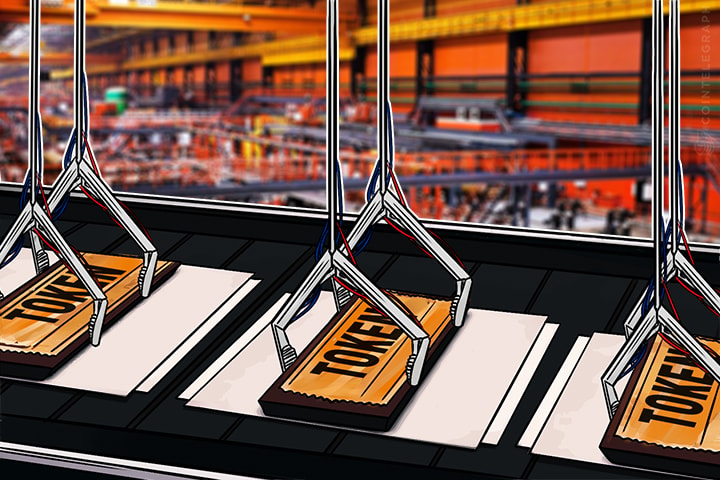Ethereum has made it possible for practically anyone to create their own token. By removing this barrier of entry, there has recently been a huge flood of new tokens to the market.
At the time of this article, there are over 5300 ERC-20 tokens out there. This number is growing considerably every month. However, not all tokens act as a store of value.
Cointelegraph provides a quick overview of the most popular token utilities.
It is important to understand that Ethereum tokens have many applications and are not always a share in a startup. In the coming months, we will likely witness many more types of tokens come to life as the Ethereum ecosystem acquires more strength and support.
Governance
Decentralized Autonomous Organizations (DAOs) are companies that function with a certain set of hard-coded rules. These are frequently updated by a decentralized form of leadership.
However, when the leadership of a business is comprised of hundreds of individuals, it can be very challenging to take decisions through formal routes of communication. This is, therefore, a significant scenario where Ethereum tokens can be applied.
Startups like District0x implemented a token-based governance system. DNT token holders can vote on what projects should be built next on the platform, and participate in key decisions.
Tokenized security
Recently, the SEC ruled that tokens can be securities and therefore need to undergo adequate regulations. Despite these warnings, tokenized securities are still an extremely attractive model for startups.
This token utility makes it possible for investors to benefit financially from the success of the startup. This can either be in the form of dividends, or through a token buy-back program. An example is the gambling site Etheroll, which recently paid out the first dividend round to its investors.
In-Dapp currency
Many Dapps have chosen to use their own token for in-dapp interactions between users. In many cases, this increases efficiency and loyalty to the platform.
In the Golem network, GNT is necessary for the interaction with the platform. The token is used for transferring value between computing power requesters and providers.
Staking mechanism
In some business models, a rigorous quality assurance mechanism is fundamental. This is especially the case for Numerai. Numerai works together with data scientists to create a machine learning-based hedge fund.
Users can submit algorithms that can make autonomous trades on the stock market and Numerai rewards them in NMR tokens. However, in order to avoid submissions of inferior quality, users have to stake a certain amount of NMR tokens on their algorithm before submitting it.
If the algorithm delivers the desired results, the creator of the algorithm receives his stake back. If not, then the tokens are burned. This incentivizes data scientists to only submit their very best work.
Tokenized assets
Tokenizing assets that are either very illiquid, like real estate, or that can be difficult to physically exchange, like gold, is an interesting concept for investors.
This is especially intriguing in the case of very expensive assets such as airplanes, land or even intellectual property. An example for this type of token is the DGX, which tracks gold price.
